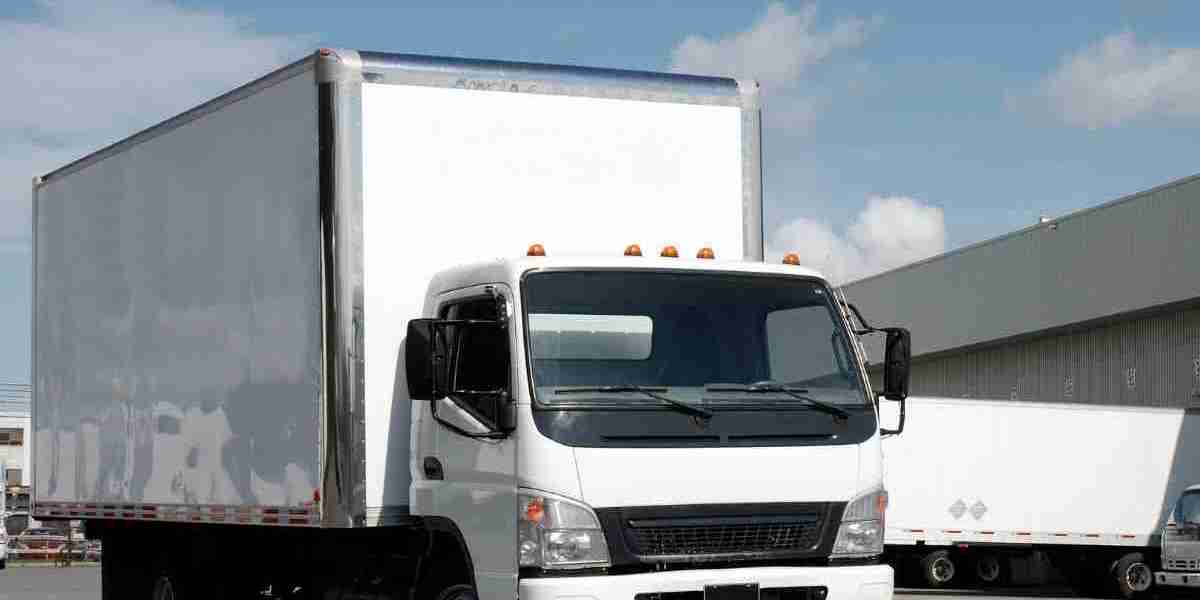In recent years, India’s transport sector has seen a rapid transformation. With eCommerce growth, stricter regulations, and rising customer expectations, managing fleets efficiently has become more important than ever. Top Transport companies in India are no longer just moving goods—they are leveraging technology to optimize operations, reduce costs, and improve delivery reliability.
In this article, we’ll explore the key trends in fleet management and the technologies shaping transport companies in India today.
Why Fleet Management Matters
Fleet management goes beyond tracking vehicles. It involves managing every aspect of a transport fleet, including maintenance, fuel usage, driver performance, route planning, and compliance. Effective fleet management helps companies:
Reduce operational costs by optimizing routes and fuel consumption.
Improve safety with proper driver monitoring and vehicle maintenance.
Enhance customer satisfaction through timely deliveries.
Ensure regulatory compliance, such as e-way bills and GST requirements.
For instance, a logistics company in Bangalore using a fleet management system reported a 15% reduction in fuel costs and a significant drop in delayed deliveries over six months.
Key Technology Trends in Fleet Management
1. GPS Tracking and Telematics
GPS tracking is now standard in most fleets. Real-time monitoring allows transport managers to:
Track vehicles and shipments instantly.
Optimize routes based on traffic and road conditions.
Monitor driver behavior, like speeding or harsh braking, to improve safety.
Telematics systems collect vehicle data, helping predict maintenance needs and prevent breakdowns.
2. Transportation Management Systems (TMS)
A TMS helps companies plan, execute, and monitor shipments efficiently. Features often include:
Automated route planning.
Load optimization to reduce empty trips.
Integration with warehouses and inventory systems.
For example, eCommerce logistics providers in Delhi use TMS to coordinate hundreds of daily deliveries seamlessly.
3. IoT and Smart Sensors
IoT devices are increasingly used for:
Monitoring cargo conditions, such as temperature and humidity.
Detecting vehicle issues early, like tire pressure or engine faults.
Providing predictive analytics for fleet performance.
This technology is especially crucial for transporting perishable goods or pharmaceuticals.
4. AI and Data Analytics
Artificial Intelligence is helping transport companies:
Predict demand and optimize fleet allocation.
Analyze driver patterns and improve safety protocols.
Reduce idle time and fuel wastage through smart routing.
Companies like Delhivery and Blue Dart are already using AI to enhance operational efficiency across India.
5. Electric and Alternative Fuel Vehicles
Sustainability is a growing trend. Fleet operators are exploring:
Electric trucks for short-distance deliveries.
CNG-powered vehicles to reduce emissions and fuel costs.
Hybrid models for long-haul operations.
Adopting eco-friendly fleets is not just cost-effective in the long term but also aligns with India’s push toward greener logistics.
Challenges in Implementing Fleet Technology
While the benefits are clear, transport companies face hurdles:
High upfront costs of advanced systems and electric vehicles.
Driver training to adapt to new technologies.
Data management to handle large volumes of operational data.
Despite these challenges, companies that invest in technology see improved operational efficiency and stronger customer trust.
Best Practices for Modern Fleet Management
Invest in the right technology: Choose TMS, GPS, and IoT solutions suited to your fleet size and business type.
Regular training for drivers: Ensure they understand telematics, safety protocols, and eco-driving techniques.
Monitor KPIs consistently: Track fuel efficiency, on-time delivery, vehicle utilization, and maintenance costs.
Plan for scalability: Choose solutions that can grow as your business expands.
Conclusion
Fleet management in India is rapidly evolving, driven by technology, customer expectations, and regulatory pressures. Transport companies that adopt GPS tracking, TMS, AI, IoT, and sustainable vehicles can optimize operations, reduce costs, and enhance service quality.
In today’s competitive market, leveraging fleet management technology isn’t just a convenience—it’s a necessity. Companies that stay ahead of these trends will be better positioned to meet the growing demands of businesses and eCommerce customers across India.






